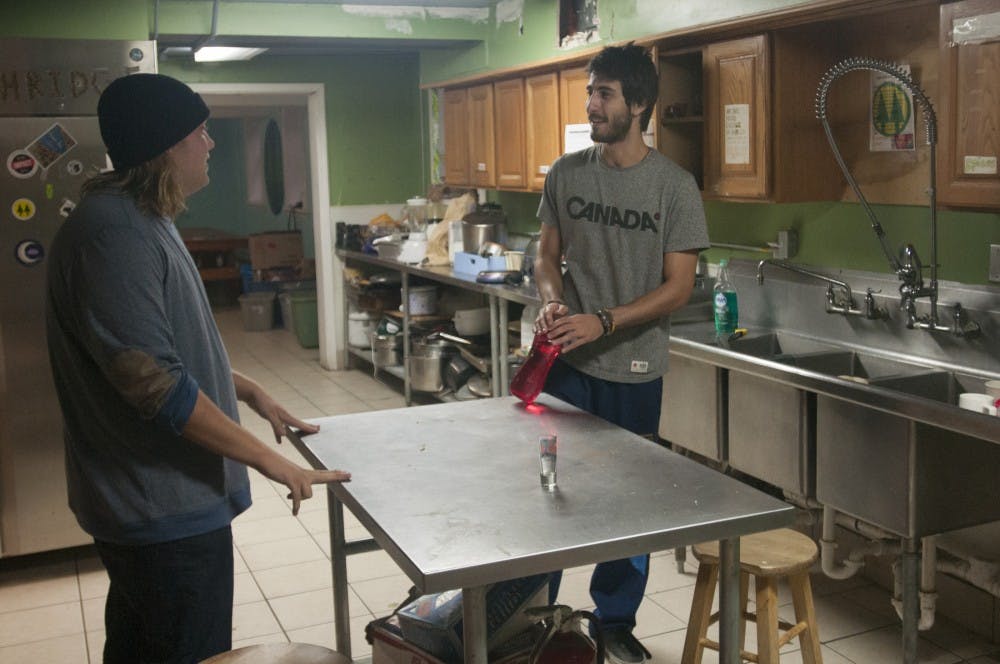For members of cooperative housing, living in a co-op means owning part of a house — and generally for less than it costs to rent an apartment.

For members of cooperative housing, living in a co-op means owning part of a house — and generally for less than it costs to rent an apartment.
MSU Student Housing Cooperative, or SHC, runs the co-op housing in East Lansing. The cooperative officially began in 1977 with three houses, Nola Warner, member services coordinator at SHC, said.
Now, the SHC has 15 houses in East Lansing with 230 members.
Warned said cooperative housing is different than most student housing because each member is a “temporary member owner” of the house they live in.
“They own the co-op and they own the house they live in temporarily while they’re a resident there,” Warner said.
Members pay an agreed charge that covers a meal plan, rent, SHC office expenses and other services.
Members also buy in with a share when they first sign a contract to move in, which ensures they own part of the house. The share is returned when they move out.
“We want to get students into community environments where it’s academic and fruitful for them,” Warner said.
Because members own the house, they are able to set their own budget and finances, making living in co-ops an affordable option for students.
“Our mission is to provide affordable housing in order to grant students access to higher education,” Warner said. “We are one of the most affordable housing (options) in the East Lansing area, more affordable than campus housing and generally more affordable than the other apartment options in and around the city of East Lansing.”
Teamwork keeps the co-ops running.
Members of a house are expected to put in labor hours, or work to keep the house clean and running smoothly. Some duties include cooking, cleaning a part of the house or office work.
Psychology senior and Phoenix cooperative house member Maureen Kinch said she works as the financial officer for her house and also rotates between dish duty and bathroom duty.
Kinch has lived in Phoenix since January 2016 and said the experience has been unlike any other.
“I live in the biggest co-op so it’s a little bit different,” Kinch said. “It’s kind of like living in an adoptive family, which sounds cheesy, but it’s really nice. You have a bad day, you come home and 28 people support you.”
Kinch said she joined the co-op because the principles of the house appealed to her and she needed a place to live.
She said she knew of many members who live in a co-op for financial reasons.
Neuroscience senior and Bower cooperative house resident Grace Peltier said she chose to live in the 19-member co-op because of the community.
“Bower is known among the co-ops as being the ‘hippie vegan co-op,’” Peltier said. “So among the hippies and vegans we are specifically the hippie vegan house. I was drawn there because I think it has a particularly radical culture. We have people with very intense political views — a lot of my housemates are anarchists or communists.”
Support student media! Please consider donating to The State News and help fund the future of journalism.
Peltier said the co-op is unique because the house focuses on recycling and sustainability.
The importance of community was a common thread between the co-ops and the SHC.
“Membership within a co-op is very teamwork-based,” Warner said. “One of the reasons our co-op thrives is because of our strong community.”